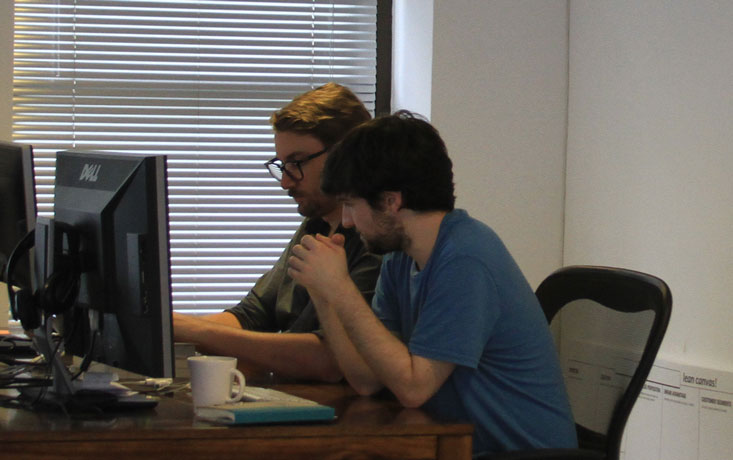Our Social Media Presence
As a company that is open by default we take pride in sharing a lot of our content on social media. Social networks like Twitter (now X), LinkedIn, Reddit, and Mastodon have helped us broadcast our content to people who trust us and respect us.
At the same time we are proud of our commitment to diversity, equity, and inclusion. As part of our core values we believe that diverse teams are smarter teams:
“There is value in all types of diversity, it is the best way to stay competitive in our industry. Problem solving with minds from different backgrounds leads to more creative and better thought out solutions.”
Recent changes in Twitter (now X) and their leadership are not aligned with our core values. We believe they are taking the social network in the wrong direction and we don’t want to have our brand associated with it anymore.
Read more »